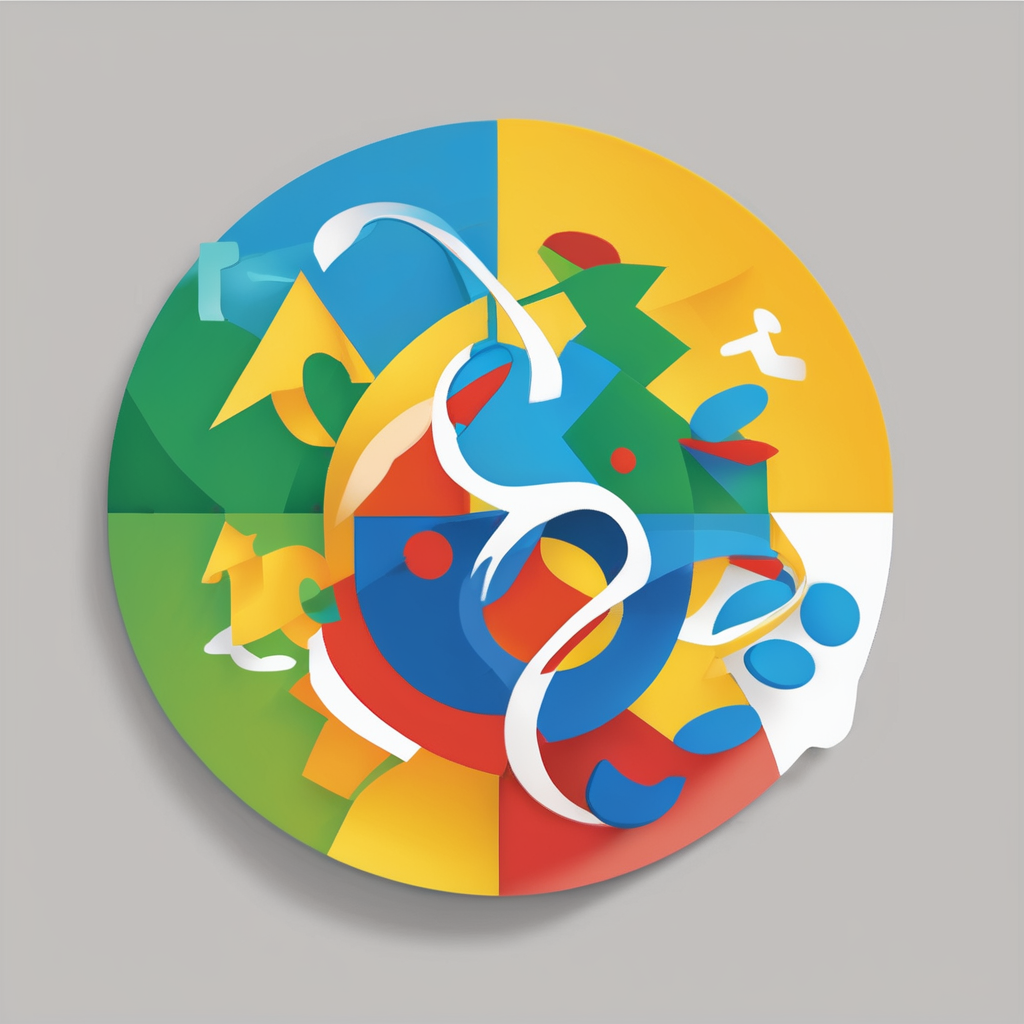Key Technological Advancements Shaping UK Tourism
The UK tourism sector has rapidly embraced digital bookings, transforming how travelers plan and secure their trips. Mobile tourism apps UK provide seamless access to accommodations, attractions, and transportation, offering convenience and real-time updates. These apps integrate features like itinerary management and in-app payments, enhancing the overall user experience.
Augmented Reality (AR) and Virtual Reality (VR) are increasingly prominent. By using AR/VR in tourism, visitors can explore historical sites virtually or enjoy immersive previews before arrival. This technology adds a compelling layer to traditional travel, engaging users and enriching their connection to destinations.
This might interest you : What impact do new visa regulations have on UK tourism?
The emergence of smart tourism infrastructure leverages data and connectivity to improve service delivery and visitor management. Smart sensors and IoT devices collect and analyze data, allowing destinations to optimize crowd control and personalize experiences. Data analytics in travel plays a crucial role in identifying visitor preferences and trends, enabling businesses to tailor offerings and marketing strategies effectively.
Together, these advancements are reshaping UK tourism, enhancing convenience, engagement, and efficiency, while paving the way for more innovative travel experiences.
Also to discover : How Can Visitors Experience the Unseen Gems of UK Tourism?
Real-World Applications and Case Studies in the UK
The UK tourism technology landscape offers compelling case studies illustrating impactful technology adoption in tourism. Major attractions like museums, heritage sites, and city tours utilize AR/VR in tourism to create immersive and interactive experiences for visitors. For example, virtual reconstructions of historical landmarks enable tourists to explore environments that no longer exist or are sensitive to physical traffic, enhancing the visitor experience significantly.
Several tourism businesses have successfully integrated UK tourism technology such as digital bookings and customized tourism apps UK, streamlining visitor flow and increasing operational efficiency. These platforms allow real-time availability updates, reducing wait times and improving satisfaction.
Government and industry initiatives actively support these innovations, investing in infrastructure to promote sustainable and smart tourism. These programs facilitate wider tech adoption, driving economic growth and keeping UK tourism competitive globally.
Careful implementation of data analytics in travel further supports these case studies by informing decision-making based on visitor behavior patterns, allowing tailored services that boost engagement and repeat visits. These examples demonstrate how the UK effectively combines technology and tradition to create richer, more accessible tourism experiences.
Key Technological Advancements Shaping UK Tourism
The surge in digital bookings has revolutionized how travelers in the UK arrange their trips, streamlining all phases from reservation to payment through user-friendly tourism apps UK. These apps centralize booking capabilities with itinerary planning and real-time updates, making travel arrangements faster and more reliable.
Meanwhile, AR/VR in tourism offers immersive experiences that bring history and culture to life. For example, augmented reality can overlay historical data on actual sites, while virtual reality enables fully interactive visits before physically traveling. Such advances enrich the traveler experience UK by adding educational and entertaining dimensions beyond traditional tours.
Complementing these is the rise of smart tourism infrastructure across destinations. Using IoT devices and data analytics in travel, information on visitor flows and preferences informs smarter crowd management and personalized service delivery. This seamless integration allows tourism providers to optimize resources while enhancing visitor satisfaction.
Together, these technologies are not isolated innovations but interconnected tools that elevate the UK tourism sector’s efficiency and appeal, ensuring it adapts dynamically to evolving traveler expectations and industry demands.
Key Technological Advancements Shaping UK Tourism
The UK tourism sector’s leap into digital bookings and tourism apps UK has revolutionized trip planning. Platforms now enable travelers to book accommodations, transport, and activities via mobile devices instantly. These apps offer integrated features such as itinerary management and secure payments, streamlining the experience from start to finish. This convenience answers the demand for quick, reliable, and user-friendly travel arrangements.
Simultaneously, AR/VR in tourism enriches the visitor journey by blending digital interaction with real-world environments. Augmented reality can overlay historical information on location through smartphones, while virtual reality offers immersive tours from anywhere. These technologies extend engagement beyond physical presence, enhancing educational appeal and accessibility.
In parallel, the rise of smart tourism infrastructure employs connected sensors and IoT devices to monitor visitor patterns. Using data analytics in travel, destinations optimize crowd flow and personalize offers, improving service delivery and resource management. For example, real-time analytics help avoid overcrowding by informing tourists dynamically, creating smoother and safer experiences.
Together, these advancements form an integrated ecosystem, making UK travel more efficient, immersive, and adaptable to evolving visitor expectations.
Key Technological Advancements Shaping UK Tourism
The UK’s tourism sector thrives on innovative digital bookings and sophisticated tourism apps UK that simplify trip planning. These platforms integrate booking, itinerary management, and payment processing, delivering an efficient, all-in-one user experience. Travelers appreciate the speed and reliability of such tools, which continuously update availability and offer personalized options tailored through data analytics in travel.
Another breakthrough centers on AR/VR in tourism. Augmented reality enhances on-site visits by overlaying historical data or cultural insights onto physical landmarks via mobile devices. Virtual reality complements this by providing immersive tours remotely, allowing users to explore destinations before arriving. Both technologies expand access and deepen engagement, reinforcing the UK’s cultural heritage with modern tech.
The development of smart tourism infrastructure unites these advancements by deploying IoT sensors and data analysis to optimize visitor flow and services in real time. Through intelligent monitoring, attractions can reduce overcrowding, customize experiences, and allocate resources efficiently. Together, these innovations form a dynamic ecosystem, aligning technology and tradition to elevate the UK traveler journey comprehensively.
